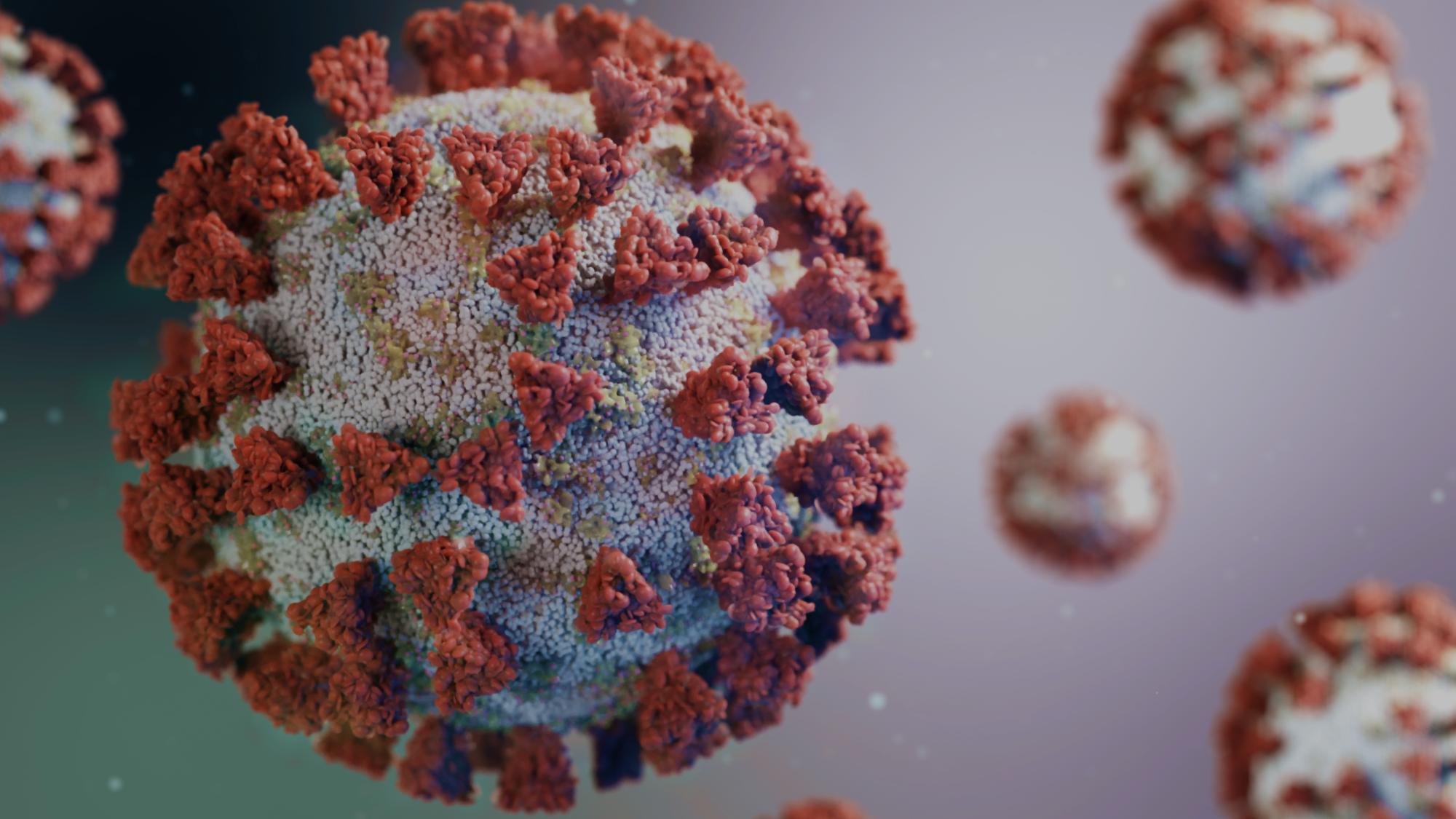Research Report 1: The Impact of the Nagoya Protocol on Global Pathogen-Sharing
Over the last 10 years, the Nagoya Protocol and the underlying Access and Benefit-sharing (ABS) rules have had a negative impact on public health. We identified that ABS laws have blocked or delayed access to pathogen samples of the following eight viruses: seasonal influenza, SARS-CoV-2, Zika, mpox, Japanese Encephalitis, Foot and Mouth Disease, Ebola, and African Swine Fever. There are at least 100 distinct ABS laws around the world.
Delays or refusals for timely pathogen-sharing have led to: (i) sub-optimal vaccine composition, including lack of regional representativeness; (ii) diagnostics that were not tailored or tested against original or new variants of pathogens; (iii) skewed and non-representative epidemiology in genomic surveillance.
Many interviewees consider that applying the transactional model of the Nagoya Protocol to the Biodiversity Convention to pathogens is not logical, and that it has led to an increased “politicization” of pathogen sharing. As the Nagoya Protocol attaches value to the pathogens, but not to global health, countries are perversely incentivized to control pathogens to extract value, to the detriment of free and rapid pathogen-sharing for global public health.
Decoupling “access” from “benefit-sharing” could be a potential solution to ensure rapid and free sharing of pathogen samples and sequence data, while addressing equity concerns. However, this “decoupling” access from benefit-sharing will be hard to achieve without a comprehensive agreement involving all stakeholders on equity in global public health.
Back
Back



